There is a lot of confusion about the various types of seeds. Some of the terms that refer to seeds are GMO seeds, hybrid seeds, heirloom seeds, and open pollinated seeds. Most folks know that GMO seeds are bad and that organic and heirloom are good, but not exactly why.
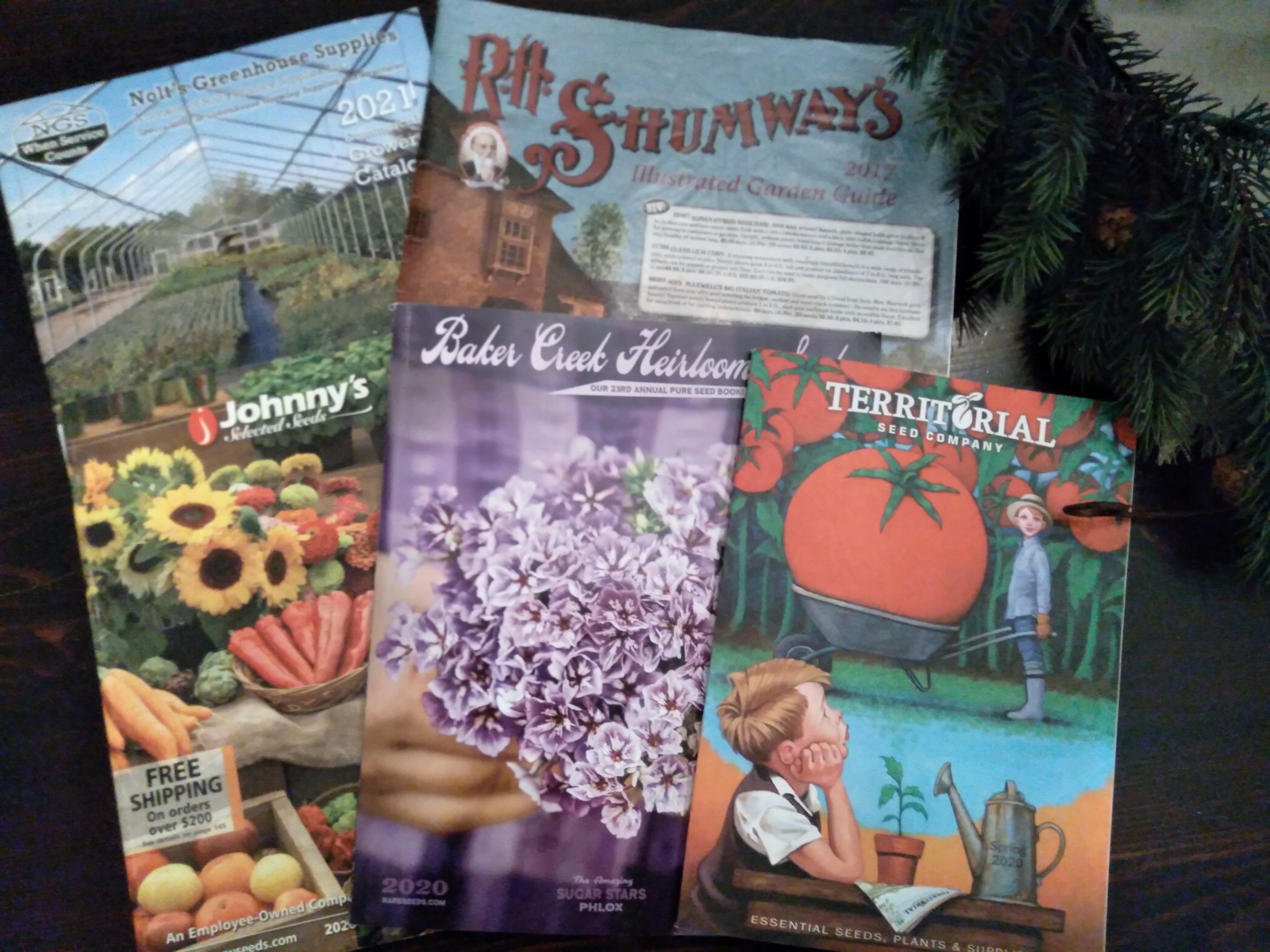
What are GMO seeds?
GMO stands for Genetically Modified Organism. Humans have been improving plants for years through natural selection, but GMO seeds have their genetic sequences altered by scientists. Spliced into their genetic make-up are genes for making herbicides, insecticides, and other synthetic traits. Scientists do this by blending genes of plants, animals, and bacteria. They are also patented by the companies (like Monsanto) that make them.
Why are GMO seeds bad?
1. We eat tons of them.
To me the scariest part about GMO seeds is that we don’t have any data yet on the effects of eating plants that produce their own herbicides/insecticides or that are being sprayed with increasing quantities of chemicals. Most processed foods are made with GMOs.
Go to this USDA link for more information: Most packaged foods contain ingredients derived from corn, soy, canola, and sugar beet — and the vast majority of those crops grown in North America are genetically modified.

The most common GMOs grown in the US are corn, alfalfa, soy, cotton, canola, sugar beet and potato.
2. We are at the top of the food chain.
The other piece of this is that the vast majority of all animal feeds are composed of these GMO crops, so any meat, dairy, eggs, cheese, etc. that is not labeled as organic has almost certainly been raised on GMO crops. Until recently, I hadn’t thought this through very well and was buying any “natural” animal feed for my chickens and rabbits. Yuck!
Note: Any feed or food that is certified organic must be Non GMO. But not all Non GMO food is certified organic. We are currently buying Homestead Harvest Feeds which are locally sourced and Non GMO though they are not certified organic.
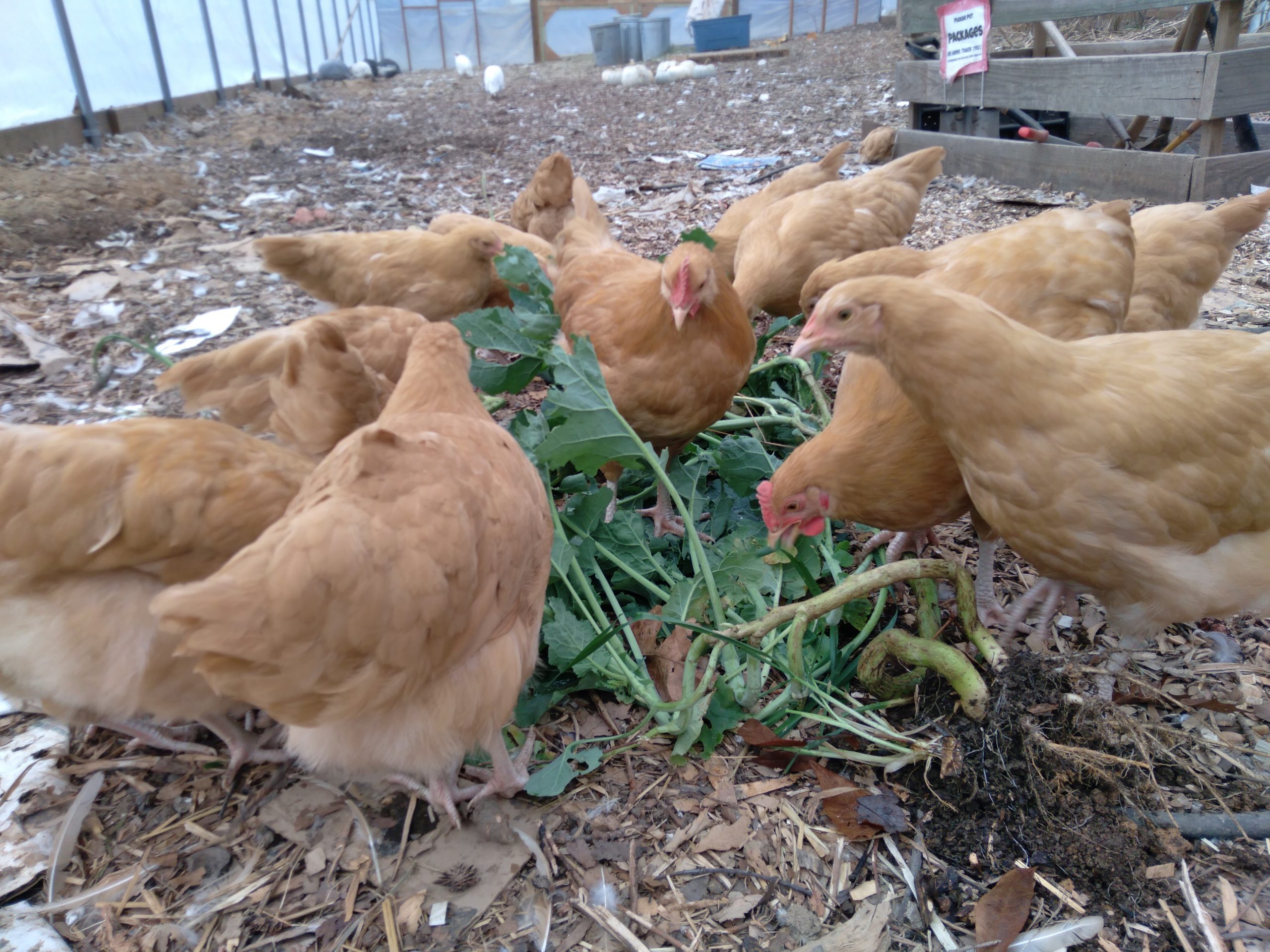
3. They are not sustainable.
All GMO seeds are patented. Farmers have to pay extra for the privilege of using them and cannot save seed from their harvest from year to year.
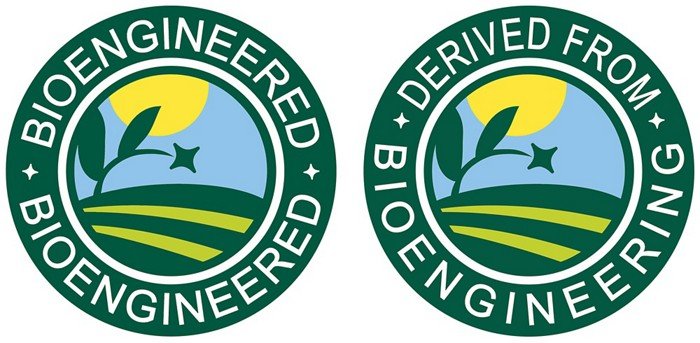
4. They are creating super bugs and super weeds.
Nature is very good at adapting, particularly weeds and bugs. The GMO plants have caused weeds and bugs to evolve to get around the modifications –thus, super bugs/weeds. It’s kind of like a nuclear arms race between the GMO seed manufacturers and Mother Nature. Herbicide and pesticide use is increasing to cope with the super weeds and super bugs, which means even more chemicals than ever in our food.
Check out the NonGMO Project Website for lots more helpful information about GMOs and how to avoid them.
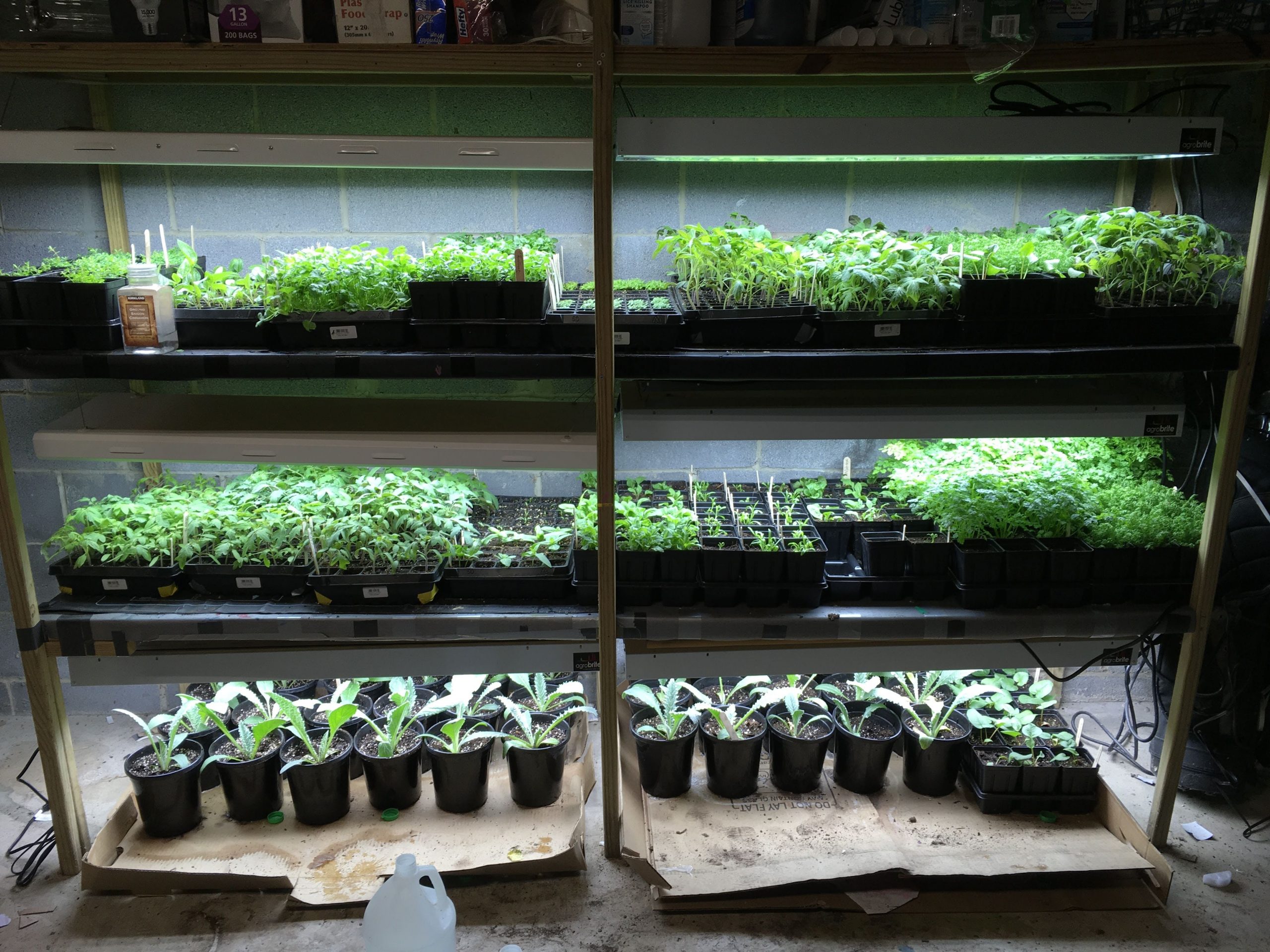
Are hybrid seeds bad?
Hybrid seeds are the result of human manipulation of cross pollination, pollinating between two species or varieties for a specific result. They are usually labeled F1 for “first generation”. I consider hybrid seeds to be mostly good.
For starters, I have had a lot of luck with hybrid seeds. They are usually bred for disease resistance and produce really well. The Mid-Atlantic’s moist temperate climate is notoriously challenging in terms of bugs (they like it here) and plant diseases. Some hybrids that have grown well here in Maryland are: Napoli F1 Carrots, Savor F1 Melons, Super Verde F1 Tomatillos, and Charger F1 Peppers.
The bad part about hybrid seeds is that they do not breed true. If you are trying to save seeds for next planting season, you won’t get the same plant as you had originally. Also they can be a lot more expensive than standard varieties because of the extra effort involved in making the pollination happen properly.
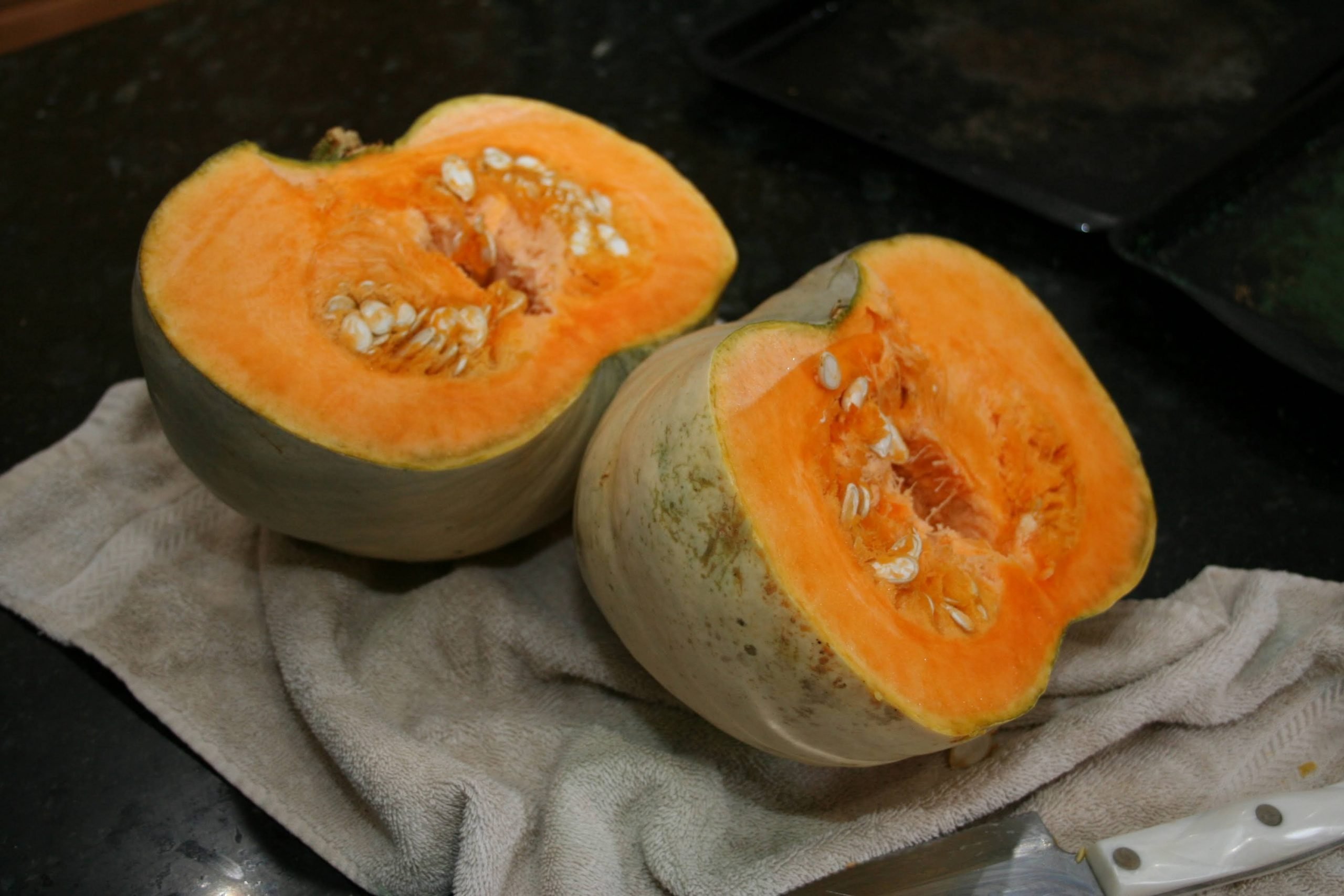
Why are heirloom seeds so wonderful?
Heirloom seeds are open pollinated varieties that have been saved and passed down for generations within a family or community. They are usually very well adapted to the conditions of their geographic area.
Open pollinated simply means that they are pollinated through natural means like insects, wind, birds, etc.
YOU can make your own heirloom seeds! Simply save seeds from the best of your tomato plants, the beans that dried the best, etc. etc. I am working on that right now with my winter squash. I have been saving seeds for about 4 years now. I bought a sweet potato type winter squash from a local farm. We liked them, so I saved the seeds. Every year I save the seeds from those that grow well and store the longest. They are quite resistant to squash beetles and keep going, making new roots, even when one part of the plant falls ill with the Mosaic Virus.




Leave a Reply